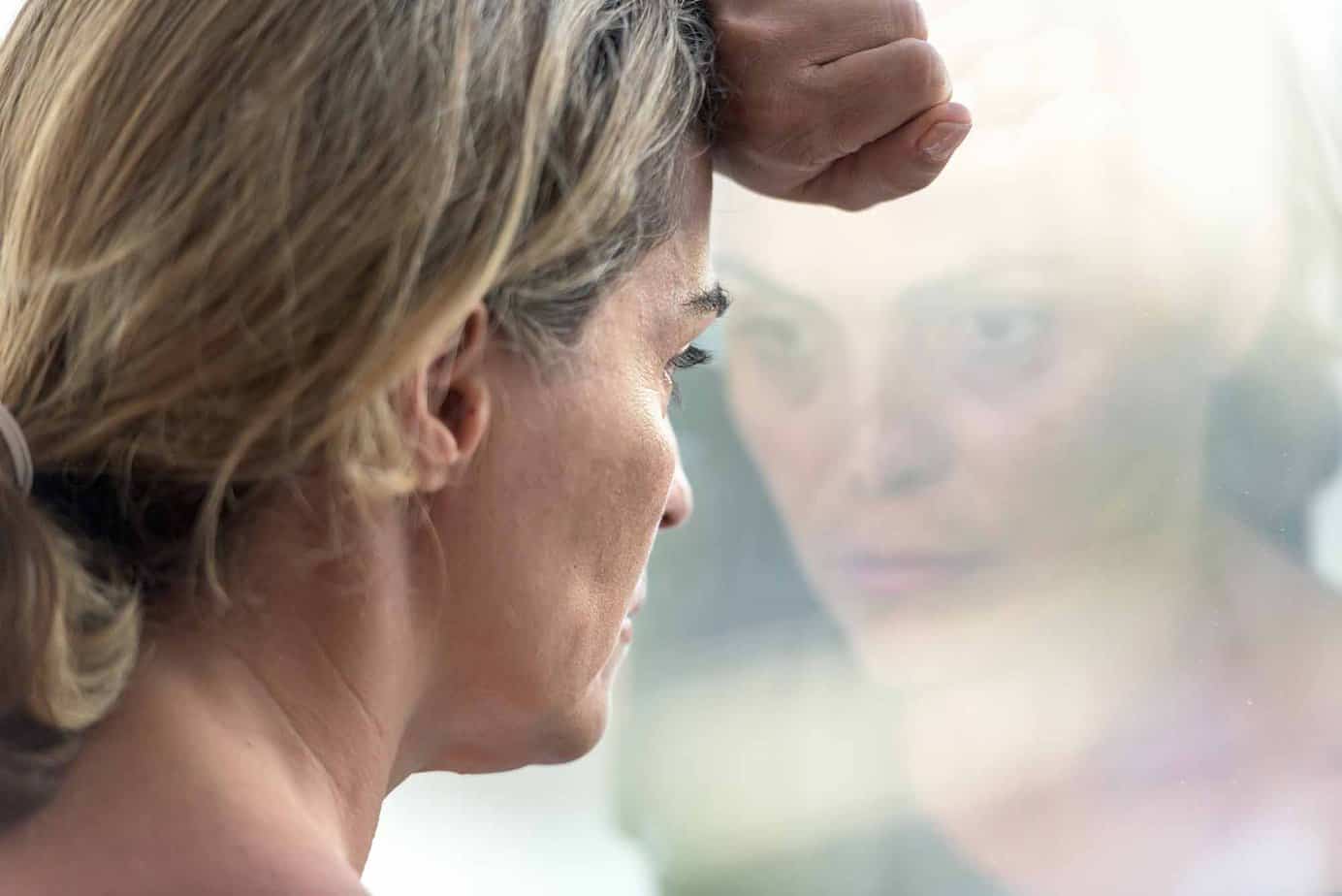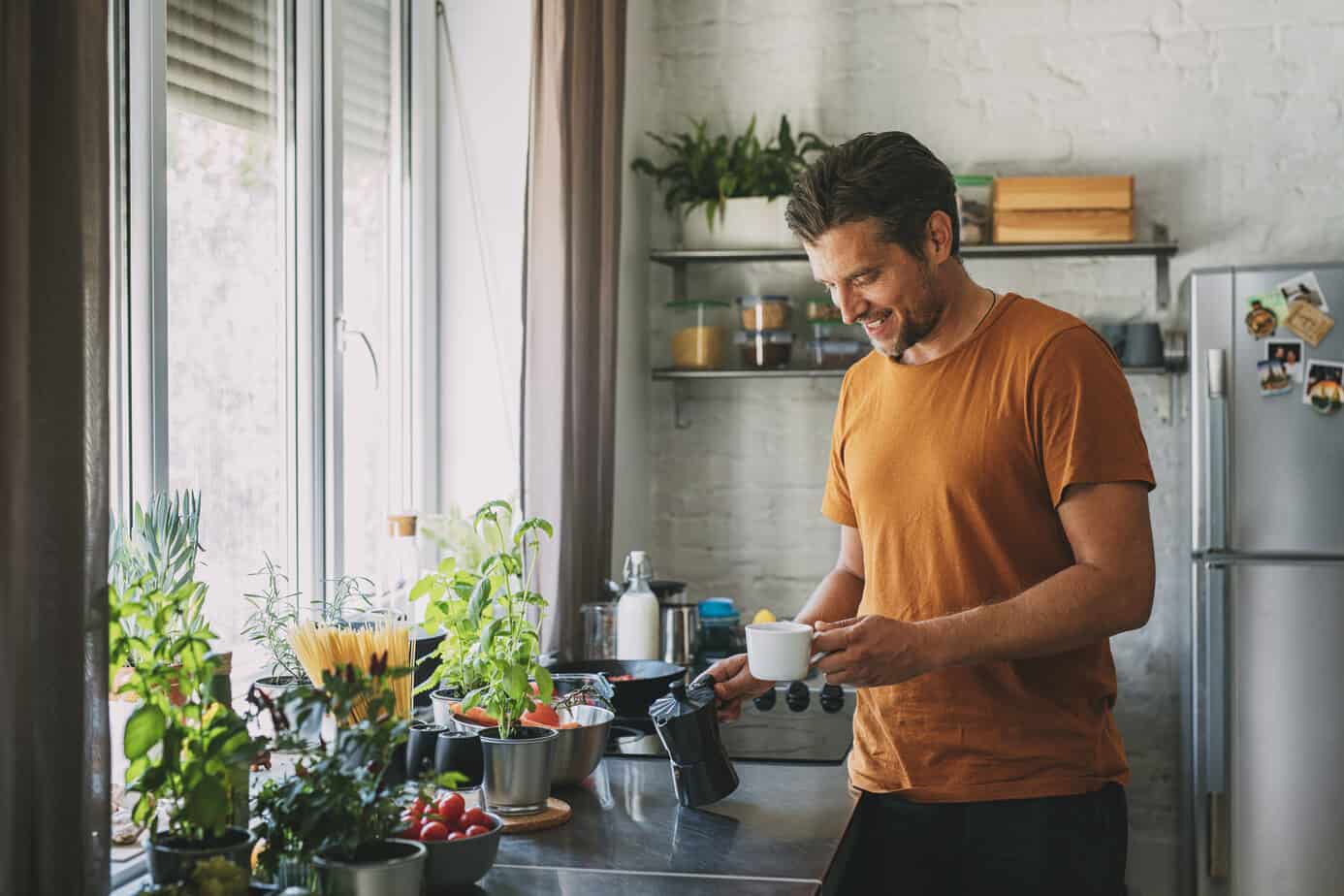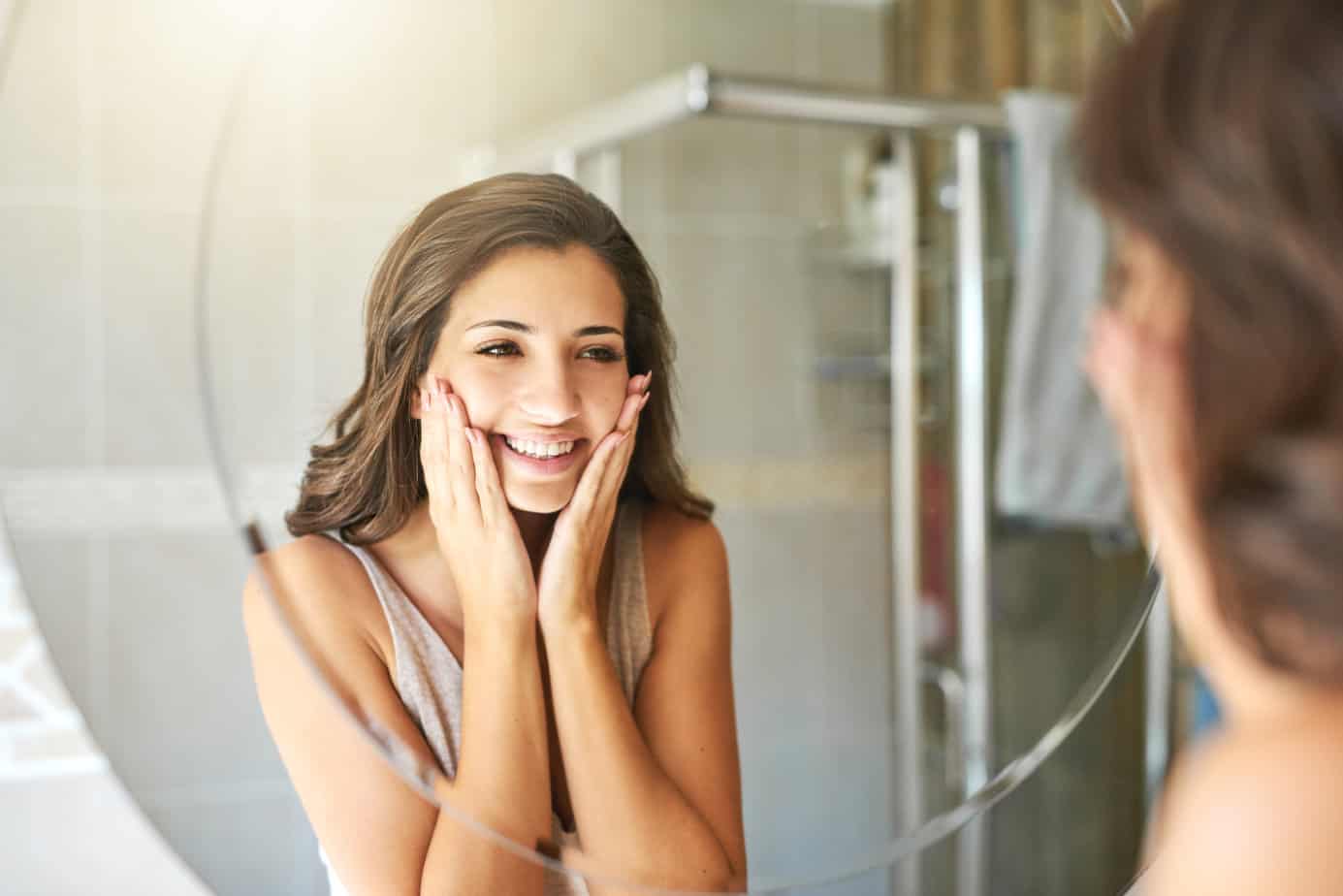Valentine’s Day is quickly approaching, and for anyone not in a romantic relationship, loneliness and depression are common this time of year. For those who are single and sober on Valentine’s Day, the situation can be even more precarious. The blues over not finding a date can be a trigger for some, leading them in the direction of seeking a relationship just to have one, or even worse—relapse.
The Unwritten “First-Year” Rule for Dating in Sobriety
It is a common suggestion within 12-step circles, such as Alcoholics Anonymous and Narcotics Anonymous, to refrain from romantic relationships (including “friends with benefits”) for one year or more after becoming sober. This isn’t because your sponsor or support network doesn’t want you to have any “fun” in recovery—it is because jumping into a relationship when newly sober takes the focus off you and the healing you need to accomplish. It is one thing to put down the drink or drug and yet another to keep it down, and a too-soon relationship can interfere.
Many single people entering recovery after years of active addiction are also shedding off years of problems, such as domestic violence, codependency, trauma, and abuse. While there is always light at the end of the tunnel, there is significant work to be done in that first year. If you put all your efforts and focus into a relationship, it decentralizes your sobriety. If your sobriety ceases to become the number-one priority in your life, there’s a very good chance you’ll lose it—and the relationship as well.
Some people have entered into relationships in early recovery and beat the odds, but there are far more who found love too quickly, only to lose their sobriety and their partner. It is natural to seek out connection during those early days, but instead, seek it from supportive friends and family, support or 12-step groups, or professional providers.
Why Is It Dangerous to Date in Early Recovery?
The pitfalls of seeking out a relationship too soon in sobriety are many, and some of the more hazardous pitfalls are listed below.
Distraction from Self-Discovery and Healing
Early recovery is a time to focus on yourself, your personal growth, and your sobriety. Dating too soon can divert your attention away from this crucial process. It’s important to take the time to learn new coping skills, practice self-care, and establish healthy boundaries before entering a romantic relationship. By prioritizing your well-being, you set a strong foundation for future healthy relationships.
Increased Risk of Relapse
New relationships, especially in the early stages, can be emotionally intense and bring a sense of uncertainty. This added stress can potentially trigger cravings and jeopardize your sobriety. It’s essential to have the necessary tools and coping mechanisms in place to manage these stressors effectively.
Replacement Addiction and Codependency
Addictive behavior isn’t limited to substance use. It can manifest in a preoccupation with someone or something. Focusing on a new relationship and seeking the euphoric feelings it can bring may become a substitute addiction. Additionally, dating in early recovery can lead to codependency, where you rely on your partner to meet your emotional needs, potentially compromising your recovery.
Rejection and Emotional Vulnerability
Dating inherently involves the risk of rejection, which can trigger intense feelings of depression, anxiety, and loneliness. These emotional challenges can be especially difficult to navigate in early recovery when you’re still developing healthy coping mechanisms. It’s crucial to prioritize your mental health and ensure that you have a strong support system in place before embarking on a new relationship.
Sober & Single on Valentine’s Day
Mountainside’s addiction psychiatrist Dr. Alkesh Patel advises people in recovery to not get caught up in the holiday nor seek a relationship purely for the sake of experiencing being in love this time of year. Instead, make sure you are in a secure place in your sobriety first, which will make opening up and sharing your life with someone much easier and more rewarding.
Dr. Patel also offers the following tips on seeking a relationship in recovery:
- Sobriety must remain a priority that is never compromised by a setting or an individual when looking for someone. Stay in sober settings.
- Trust, honesty, and integrity are some key values to look for in a potential partner.
- Avoid common pitfalls such as dating people who recently relapsed, or those who have not been working a good recovery program.
- Look for someone who is not only compatible with a sober lifestyle but also sensitive to the unique needs of a person in recovery.
- Make sure that the other person does not have other “hidden agendas,” whether they are also in recovery or not.
- Be certain that you can be diligent about your daily commitments while in the relationship and stay sober.
While loneliness may still be felt by people in recovery around Valentine’s Day, Dr. Patel advises that they treat the day like any other day and to “take their time to look for a person who will be a benefit to their sobriety long-term.”
When Is It Safe to Date in Sobriety?
“One year” is but a suggestion. You may find that your life has changed dramatically, and you’ve done a lot of work on yourself. You may feel ready to enter the sober dating scene after 10 months of sobriety. Or, you may have a lot of work to disentangle past codependency and trauma. You might want to wait longer. It’s all about when you’re ready—and with continued sobriety, you will have a better feeling of when that time is.
That being said, if you are newly sober, you’re single, and it’s Valentine’s Day—what do you do?
Plan for a Sober & Fulfilling Valentine’s Day
Between the pressures of having a date and society’s obsession with alcohol to complement every holiday, a sober and single Valentine’s Day can have its challenges. But that doesn’t mean you have to stay home and be melancholy or that you have to feel alone.
Try exploring alcohol-free alternatives. If you’re going out to an event or a restaurant, look over the menu before you go. When the server hands you the wine list, you’ll already be prepared with your favorite mocktail or non-alcoholic beverage order.
If you’re at home, consider finding an interesting mocktail recipe online, or opt for sparkling juice. These are all great alternatives for someone in recovery.
Other things you can do this Valentine’s Day include
Focus on self-care.
Life comes at you fast in sobriety. When was the last time you took time out for yourself to see a new movie, go to your favorite artist’s concert, or go to an attraction you always wanted to see? Alternatively, you may want to unwind with a hot bath and soothing music or spend a night at the gym to get those natural endorphins pumping.
Valentine’s Day doesn’t have to be solely about romantic relationships. It can also be an opportunity to focus on self-care and self-love. Treat yourself to something special, whether it’s a spa day, a new book, or a favorite activity. Take the time to engage in activities that bring you joy and make you feel good about yourself. Self-care is an essential aspect of recovery, and Valentine’s Day presents an opportunity to prioritize your well-being.
Reach out to others.
If you’re feeling lonely on Valentine’s Day, remember that you’re not alone. Many others may also be navigating the holiday without a romantic partner. Reach out to friends or family members and plan a gathering or a virtual hangout. You can also use this day as an opportunity to show kindness and compassion to others. Volunteer at a local charity or perform random acts of kindness in your community. By focusing on helping others, you can create a sense of connection and fulfillment.
Attend sober events.
Many communities offer sober events and gatherings during Valentine’s Day. These events provide a safe and supportive environment where you can meet like-minded individuals who are also committed to their sobriety. Check local listings or reach out to recovery support groups to find out about any sober events happening in your area. Attending these events can be an excellent way to connect with others who understand your journey.
The Hail Mary on Valentine’s Day
You just made it through a sober Super Bowl, and Valentine’s Day is only a few days away. Maybe you had made plans and they fell through the day of. You’re unexpectedly feeling lonely—restless, irritable, and discontented.
Reach out to your sponsor or support network, go to a face-to-face or Zoom meeting, or find like-minded individuals online, but reach out to someone if you’re feeling down.
Moments of quiet desperation often lead to a relapse, and if you share your feelings with someone you trust, you offer them the ability to be of service while getting the pain off your chest. If you absolutely cannot get hold of anyone, and picking up a drink or drug is a consideration, call your local AA or NA hotline, and someone will talk to you or provide you transport to a meeting if you need it.
Like any other holiday in the calendar year, a sober and single Valentine’s Day can pose its challenges, but you can protect your sobriety, have fun, and prepare yourself for the day you’re ready to explore romantic relationships again.
If you or a loved one is struggling with addiction, Mountainside can help.
Click here or call (888) 833-4676 to speak with one of our addiction treatment experts.

 By
By 







